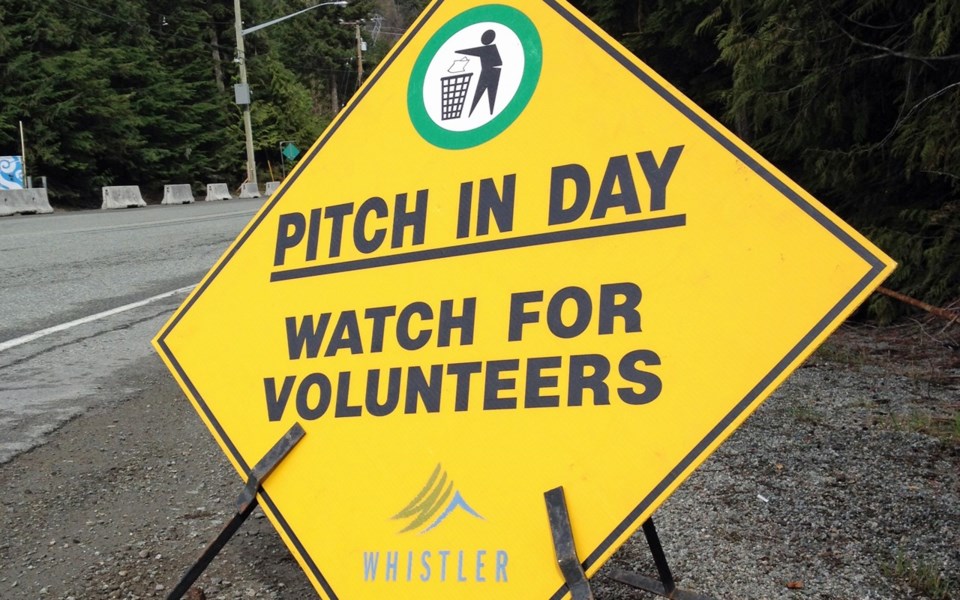New applications are on the decline at the municipal planning department.
Planning received 183 new applications for all of 2017, down from 205 in 2016, 220 in 2015 and 258 in 2014.
The bulk of the applications last year were for development permits (51), liquor licences (30) and sign permits (30).
While total new applications to the planning department were down, revenues attached to processing fees and staff recoverables actually rose two per cent, meaning the files being worked on were likely more complex than in 2016.
In the building department, 2017 applications were down slightly year over year, from 1,291 in 2016 to 1,272 last year.
Most 2017 applications were for information requests (465), plumbing permits (295) and building permits (294).
One notable increase was in demolition permit applications, up to 71 in 2017 from 45 the previous year (only 40 were approved, however, and only nine applications were for the teardown of single-family homes).
Revenues in both departments were up, with the planning department bringing in $162,838 (a two-per-cent increase) and the building department $1,274,614 (up 12 per cent).
There are also 35 rezoning and development permit files—21 under active review and 14 with the applicant to address issues.
After receiving the report on April 10, council opted to move to an annual reporting structure for the building and planning departments, rather than the quarterly reports received since 2015
EDGEWATER FLOOD EXEMPTION GRANTED
A flood exemption request from the owners of what is commonly known as the Edgewater Lodge property was granted at the April 10 meeting, after council voted to defer the decision on March 20.
The owners plan to construct a flood control training berm within the road allowance at Wedge Park as part of their development plans, which include five new buildings and a pavilion for residential and indoor recreation uses.
The development of the lands is not subject to development permit approval, though provincial Riparian Area Regulations apply.
Council first deferred the decision hoping to see more information on environmental impacts—like to the nearby Whistler Secondary School lands—and potential alternatives.
The result was 600 pages of environmental and engineering studies included in the April 10 council package.
One alternative available to the developer is to add six metres of fill before construction.
The property is zoned Rural Resource One (RR1), which has no limits on floor space ratio or site coverage, but with the exemption the developers have agreed to a covenant restricting further development beyond what's proposed.
Another 200 square metres could also be developed subject to further approvals.
Councillor Sue Maxwell voted against the exemption, saying she doesn't feel it's the municipality's role to encourage building on a flood plain or encouraging larger houses.
"I do also feel that we're sort of in an awkward position, because the threat is that if we don't allow building in the flood plain and the berm to be built in the park, that the alternative is the threat the owner could just build a really very tall and quite ugly building," Maxwell said.
"So I really think that it highlights some of the gaps that we have in our zoning regulations that we might want to take into account ... If there are some other chunks of land that are outstanding like this, that still have unlimited amounts of building opportunity, rather than seeing it as a great gift to the community to only build an incredible amount of space, plus another 200 square metres, that instead we take proactive steps to start downzoning those places so that this kind of development can't continue to occur."
Community GRANTS APPROVED
Council approved $136,200 in grant funding for 25 community groups at the April 10 meeting.
The biggest portions of this year's Community Enrichment Program (CEP) funding went to the Howe Sound Women's Centre ($20,000 for drop-in, prevention, education, advocacy, counselling and empowerment services); the Sea to Sky Community Services Society ($17,500 for Communities That Care, Whistler Parent and Tot and Whistler Multicultural Network programming); the Association of Whistler Area Residents for the Environment ($10,000 for a Sea to Sky Climate Change Symposium and zero waste programs); and the Whistler Naturalists ($10,000).
The RMOW provides grants to local not-for-profits each year through the CEP. In 2018, council received 29 applications requesting $230,252.77.
SPRING CLEAN UP SET TO GET UNDERWAY
Whistler's annual Pitch-In Day is set for Saturday, April 28.
Residents can lend a hand cleaning up roadways throughout the community on their own or with a group—contact the Roads Department at roads@whistler.ca for more info.
Volunteers will focus on streets in Whistler's subdivisions, while Mainroad Contracting will handle ditches along Highway 99.
Homeowners are also encouraged to FireSmart their properties, dispose of garden debris properly, pick up their dog waste and secure all bear attractants as the community shifts into spring.
Garden debris can now be disposed of year-round at the Nesters Depot between 7 a.m. and 7 p.m. Grass, leaves, branches, twigs, weeds and unspotted house plants are accepted; plastic bags, rocks, wood with paint or glue, plywood and fibreboard are not accepted.
Debris can also be dropped off at the Whistler Transfer Station for a fee.
Garden debris can also be burned with a Whistler Fire Rescue Service permit from April 28 to May 13.




